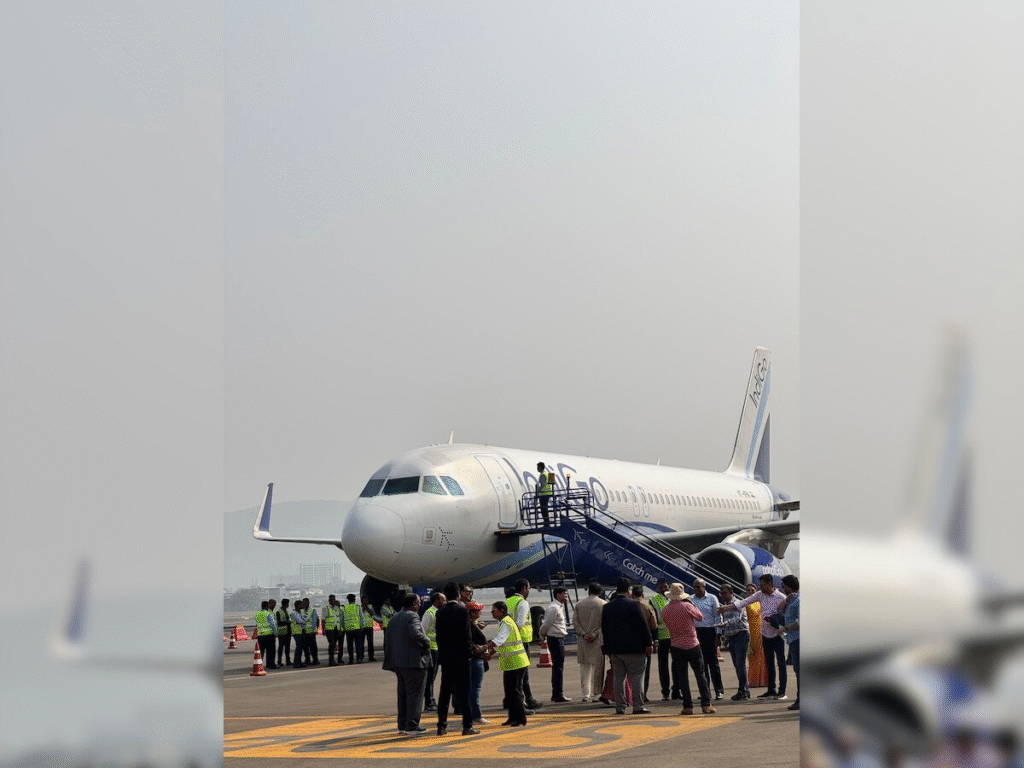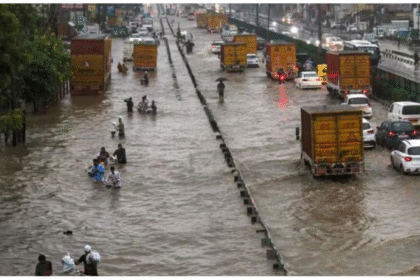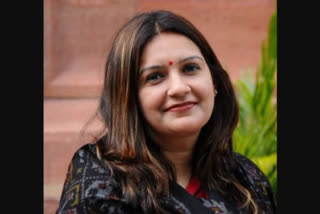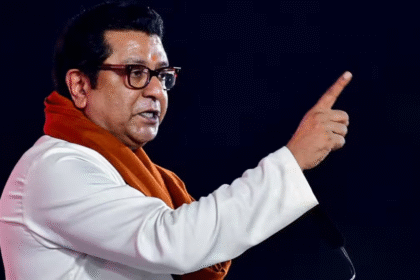Navi Mumbai Airport Set to Launch Operations in September 2025 – ₹18,000 Crore Mega Project Nears Completion
Navi Mumbai International Airport, a ₹18,000 crore project, is set to begin operations in September 2025. The new hub will boost connectivity and handle up to 9 million passengers annually
MUMBAI: The first phase of the Navi Mumbai International Airport is expected to be operational by September, Industries Minister Uday Samant informed the Legislative Assembly on Monday. While the original target for inauguration was the end of August, minor delays have pushed the launch to the following month.

About 95% of the construction work is complete. The airport will begin operations within the next two months,” Samant said, adding that initial services will commence with limited capacity. The second phase of the airport is expected to be rolled out a few months after the first becomes functional.
Samant was replying to a long-duration debate on investment in Maharashtra. He claimed that 87% of the Memorandums of Understanding (MoUs) signed by the state government with companies have been realised, the highest rate in the country.
“In the last three years, the Maharashtra government signed MoUs worth ₹1.80 lakh crore, ₹7 lakh crore, and ₹15.72 lakh crore. Of the 46 companies with whom MoUs have been inked, 15 have already been allotted land, and land will be allocated to seven more in the coming days. Twenty others will be given plots as per their request, and four industrial units are set to begin operations shortly,” he said.
He further claimed Maharashtra has outpaced all other states in attracting foreign direct investment under the leadership of chief minister Devendra Fadnavis and deputy chief minister Eknath Shinde.
The minister also emphasised the government’s focus on equitable industrial development across the state. “Gadchiroli is emerging as a steel manufacturing hub with investments worth ₹1 lakh crore. Under the CM Employment Guarantee Scheme, more than 62,000 industrial units have been established—six times more than during the previous MVA government’s tenure,” he said.
Samant also said Maharashtra is among the top three states in implementing the Centre’s Vishwakarma scheme for artisans and skilled tradespeople.
On a separate note, responding to questions about the financial health of the Brihanmumbai Municipal Corporation (BMC), Samant said the civic body’s liabilities stood at ₹2.32 lakh crore and had risen by 22% over the past year. However, he dismissed claims that the increase was due to mismanagement.
The Navi Mumbai International Airport (NMIA) is poised to transform the aviation landscape of the Mumbai Metropolitan Region, with commercial operations expected to commence between late August and September 2025. This greenfield, ₹16,700–18,000 crore mega project is engineered to decongest Mumbai’s current airport and cater to rising passenger demand.
April 2025: Runway validation flights and inspections concluded; DGCA approvals underway
Late May 2025: Domestic flights scheduled to begin at NMIA .
July 2025: Anticipated start of international services .
Aug–Sept 2025: Official commercial operations kick-off with 8–10 hourly air traffic movements, scaling gradually to 30 per hour by summer 2026 .
IndiGo will be the first carrier, launching with 18 daily departures (36 Air Traffic Movements) covering 15 cities; scaling to 79 daily by Nov‑Dec 2025 with added international links

Akasa Air plans an initial 15 daily flights, increasing to 50 by summer 2026. It aims for over 40 domestic and 8–10 international flights next year, later basing 10 aircraft and executing 300 domestic plus 50 international weekly departures by FY2027 .
NMIA spans 1,160 hectares with two parallel 3,700 m runways capable of 45 ATMs/hour each
The lotus‑shaped, Zaha Hadid–designed terminal facilities will include:
Phase I: One runway + one terminal serving 20 million passengers.
Phases II–V: Additional runway & terminals to reach 90 million capacity
uxiliary amenities: A dedicated low-cost airline terminal (2 M passengers), 67+ general aviation stands, cargo terminals for 0.8 MMT initially, fuel farms, hangars, and MRO facilities
Road: Connected via Atal Setu, Sion–Panvel Highway, NH 4B, and Mumbai–Pune Expressway
Rail: Linked to Mumbai suburban rail network at Panvel and Targhar stations
Metro & future transit: Mumbai Metro Line 8 and Navi Metro Line 1 will link NMIA; a future “Gold Line” metro is planned to directly connect both Mumbai airports by late 2030s
Departing passengers: ₹620 (domestic), ₹1,225 (international).
Arrivals: ₹270 (domestic), ₹525 (international)
These rates, lower than initial proposals, will be in effect until formal tariffs are finalized by end of fiscal year.
Additionally, $750 million financing secured by Adani Airports will support debt refinancing and NMIA’s expansion
NMIA is expected to relieve pressure on Mumbai’s Chhatrapati Shivaji Maharaj International Airport, which handled ~50 million passengers in FY2024
Over time, NMIA will evolve into the region’s primary aviation hub, handling a projected 20 million+ passengers by late 2025, scaling up to 90 million by 2030s
The twin-airport model mirrors global city systems like London and New York
The region is preparing for infrastructure challenges—especially road traffic and public transit—as noted by residents
Read Also : Wiaan Mulder Declares on 367, Calls Brian Lara a Legend – ‘That 400 Deserves to Stand Forever








